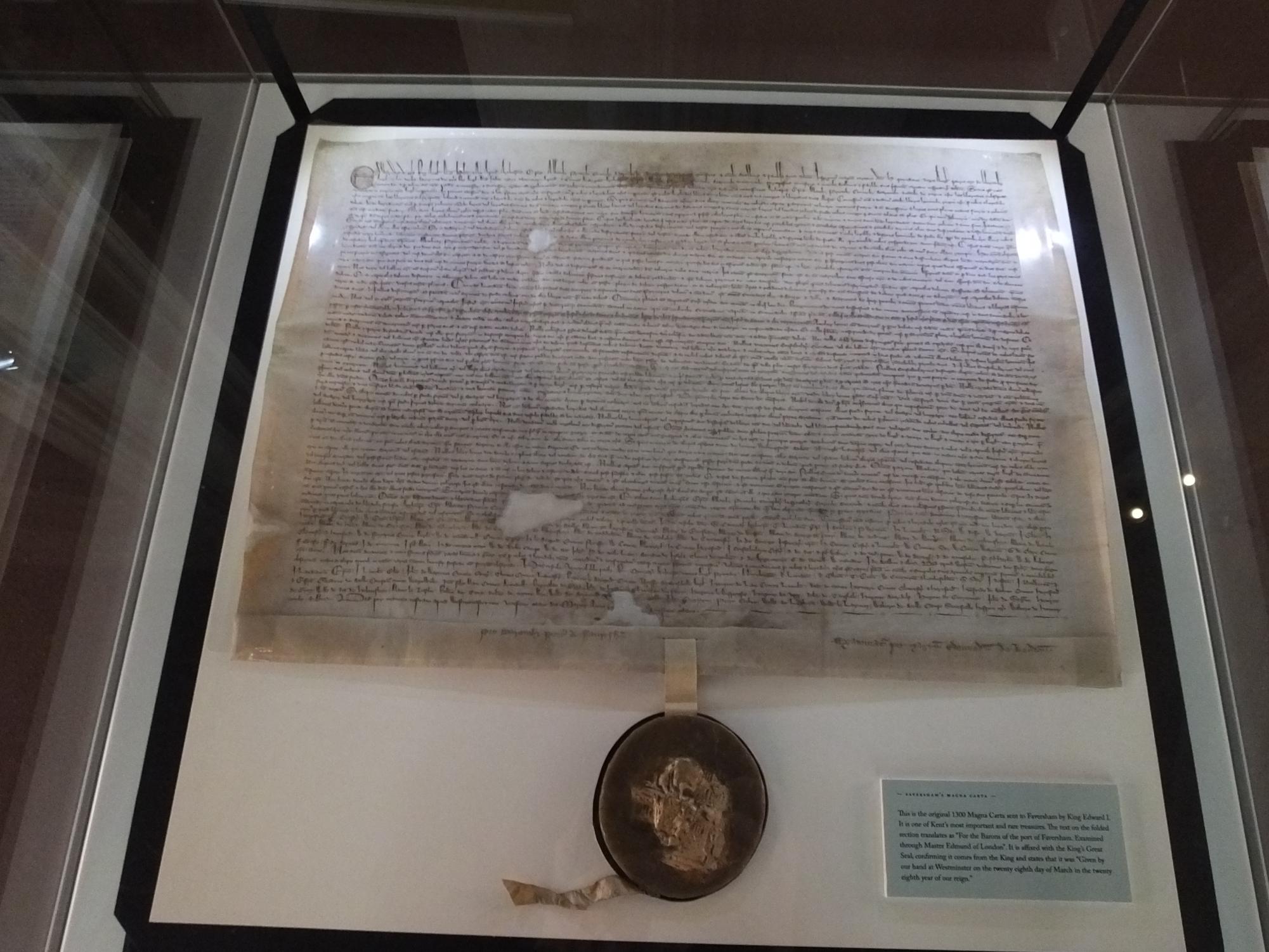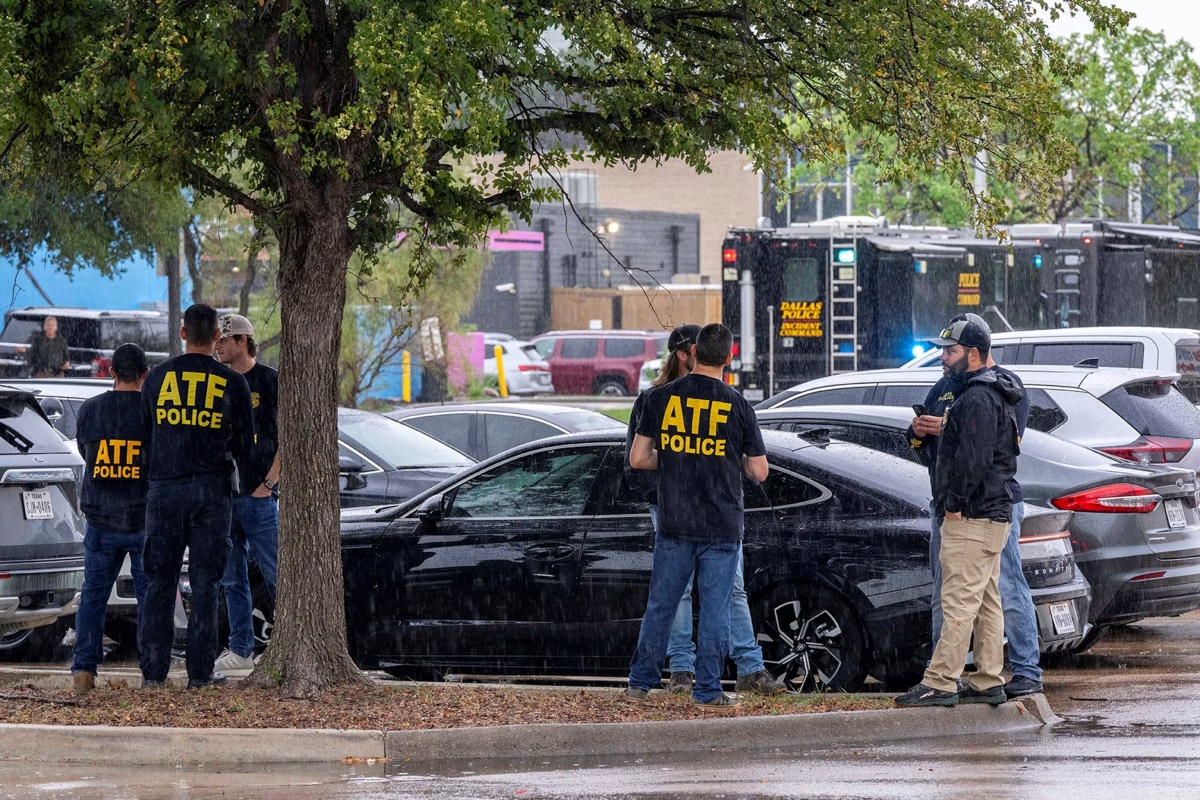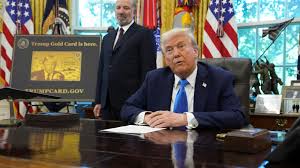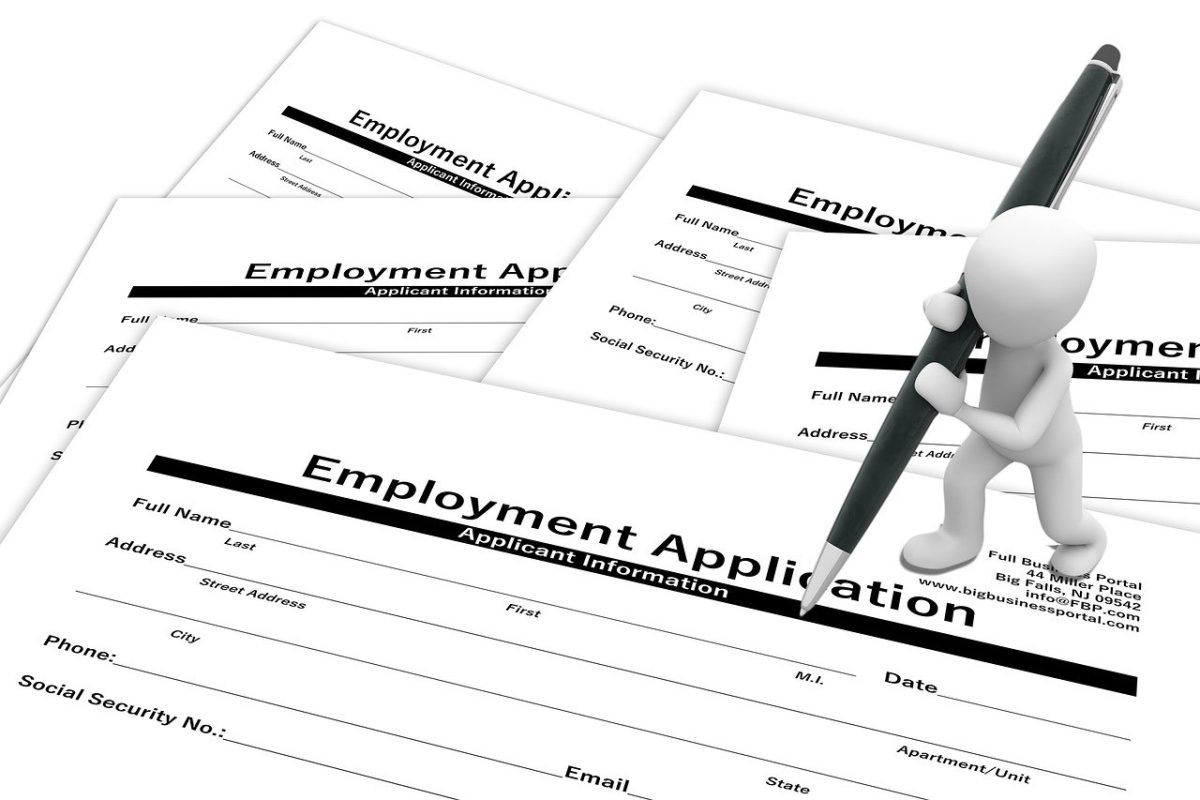Purchased for $27.50 after World War II, a decrepit document, tattered and water-stained, had sat in the archives of the Harvard Law School library since its transaction in 1946. Believed to be a facsimile from 1327, the manuscript, cataloged as “HLS MS 172,” went unnoticed for nearly 80 years, remaining relatively obscure until late 2023.
The Magna Carta, a royal charter of English emancipation, was first sealed in 1215 by King John I. It is widely regarded as a rudimentary legal document establishing the rule of law, indicating that sovereignty is not above the law.
Now, two British scholars have recently revealed that this “copy” is one of the seven rare surviving reissues of the Magna Carta, commissioned by Edward I.
The discovery began in 2023, when Professor David Carpenter of Medieval History at King’s College London encountered a digitized scan of the document in Harvard’s online archives. Recognizing its unusual features in comparison to the date labelled, he contacted Professor Nicholas Vincent of the University of East Anglia, a leading expert on the Magna Carta.
Together, they launched a deeper investigation that included spectral imaging and historical cross-referencing. According to AP News, “[This] allowed them to compare the texts word-for-word, as well as the handwriting, which included a large capital ‘E’ at the start in ‘Edwardus’ and elongated letters in the first line.” Their analysis confirmed that the document is an authentic 1300 issue of the Magna Carta. This version, being the final reissue during Edward’s reign, is significant for including specific legal revisions and guarantees of institutional liberties. Reported by Harvard Law Today, Professor Carpenter said, “1300 was the last time that the king of England confirmed the 1225 Magna Carta, the definitive version.”
Originating from the borough of Appleby in Westmorland, England, the manuscript is believed to have been in the possession of British abolitionist Thomas Clarkson and later World War I flying ace Forster Maynard. Maynard eventually sold it at a Sotheby’s auction in 1945, where it was misdated as 1327. Then, it was acquired by London book dealers Sweet & Maxwell before being purchased by Harvard. For decades, it lay quietly in the university’s archives, misidentified and largely unexamined.
“There’s a chain of connection there, as it were, a smoking gun, but there isn’t any clear proof as yet that this is the Appleby Magna Carta. But it seems to me very likely that it is,” Professor Vincent said.
Some expressed praise for the discovery, emphasizing the importance of access and scholarship.
“It’s the best sort of thing that can happen to a librarian,” Amanda Watson, assistant dean of HLS library, told The New York Times.
Furthermore, Smithsonian Mag quoted Watson in their report regarding the significance of the discovery: “This is our daily work to digitize things, to preserve things, to save things, to open things up for people like David Carpenter.”
According to Harvard Law Today, Professor Vincent revealed that its content resonates even today, as “a totem of liberty, central to our sense of who we are: a freedom-loving, free-born people.” While no formal appraisal has been made, comparable documents have commanded extraordinary prices in the past. A 1297 Magna Carta sold for $21.3 million in 2007. Despite its enormous monetary value, Harvard sees the document primarily as an educational resource. It is now being preserved and displayed at Harvard Law School, where it can inspire future legal scholars and serve as a direct link to the evolution of constitutional governance.














